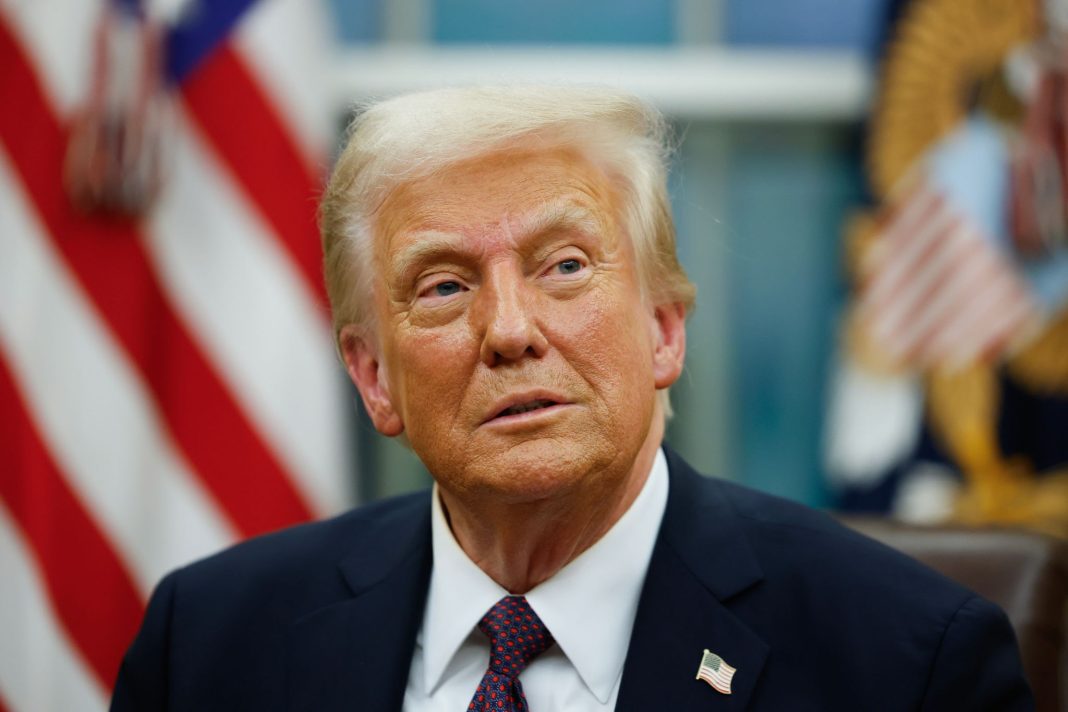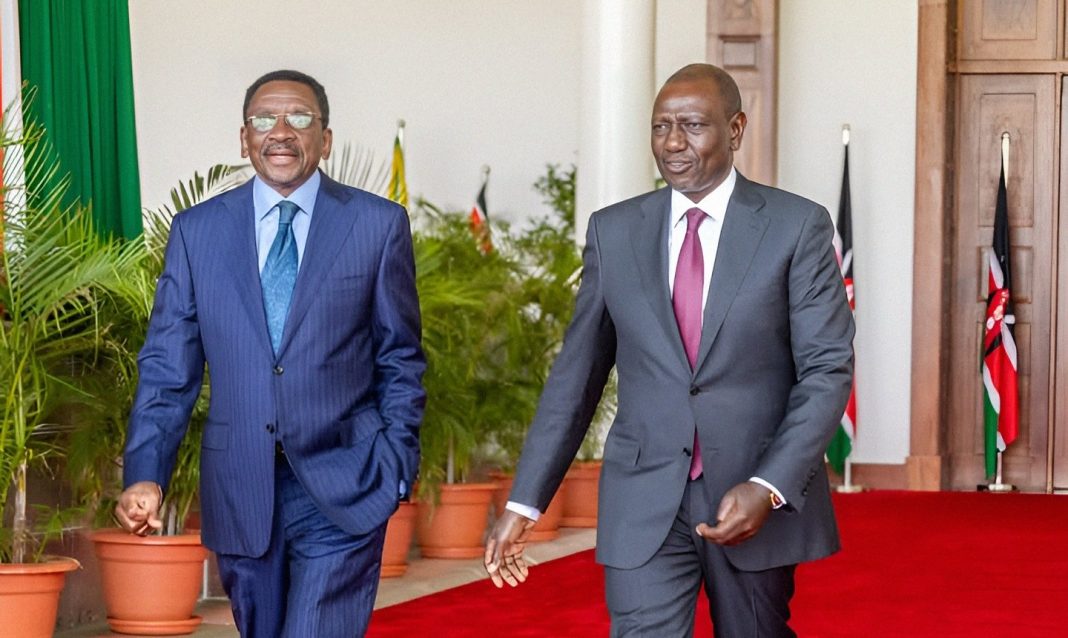By Edris Omondi.
The Author is a Strategic Thinker, an Advocate of the High Court of Kenya, former Kisumu County Attorney, and a Civic Educator passionate about Youth Empowerment, National and International Development, and Generational justice.
Introduction: A Rift Between Titans
A significant public feud has erupted between the current U.S. President Donald Trump and tech billionaire Elon Musk, marking a dramatic shift in their once-close alliance. The fallout began when Musk criticized Trump’s sweeping tax proposal, the “Big Beautiful Bill,” labelling it a “disgusting abomination” and suggesting the formation of a new centrist political party. Trump responded by threatening to revoke government subsidies for Musk’s ventures, including SpaceX and Starlink .
This clash has had immediate financial repercussions, with Tesla shares plunging over 14% and Trump Media & Technology stocks falling by 8%. The dispute has also raised concerns about the future of U.S. space programs and the political landscape, as Musk contemplates launching a new political movement.
Implications for Africa: A Complex Landscape
While the Trump-Musk feud is primarily a U.S. domestic issue, its ramifications are being felt across Africa, particularly in the realm of digital infrastructure and international relations.
1. Starlink’s Impact on African Telecommunications
Elon Musk’s satellite internet service, Starlink, has expanded rapidly across Africa, including Kenya, where it began operations in 2023. While the service promises to provide high-speed internet to underserved areas, it has faced regulatory challenges. In Kenya, for instance, local telecom giant Safaricom has raised concerns about potential interference with mobile networks and has urged the Communications Authority of Kenya to reconsider granting independent licenses to satellite service providers.
Additionally, Starlink’s pricing strategy has been criticized for predatory pricing, potentially undermining local internet service providers. Jamii Telecommunications, a Kenyan ISP, has requested an investigation into these practices, which could stifle competition and harm the local market.
2. Geopolitical Tensions and Foreign Aid
The Trump administration’s threats to cut funding to countries like South Africa over land reform policies have raised concerns about the politicisation of international aid. Such actions could strain diplomatic relations between the U.S. and African nations, potentially affecting cooperation on various fronts, including trade, security, and development assistance.
3. Regulatory Challenges and Digital Sovereignty
African governments are increasingly scrutinising foreign tech companies operating within their borders. Kenya’s recent hike in licensing fees for satellite internet providers, including Starlink, reflects a move towards ensuring that these companies contribute fairly to the local economy and adhere to national regulations.
This trend underscores the importance of digital sovereignty, as African nations seek to maintain control over their digital infrastructure and protect their markets from potential monopolistic practices by foreign entities.
Conclusion: Navigating a Shifting Landscape
The escalating feud between Donald Trump and Elon Musk is more than a personal dispute; it is a reflection of broader tensions between political power and corporate influence. For Africa, the outcome of this rift could have significant implications for digital infrastructure, economic policies, and international relations. As the continent continues to embrace digital transformation, it must navigate these challenges carefully, balancing the benefits of technological advancements with the need to protect local interests and maintain sovereignty.
Edited by Sandra Blessing



